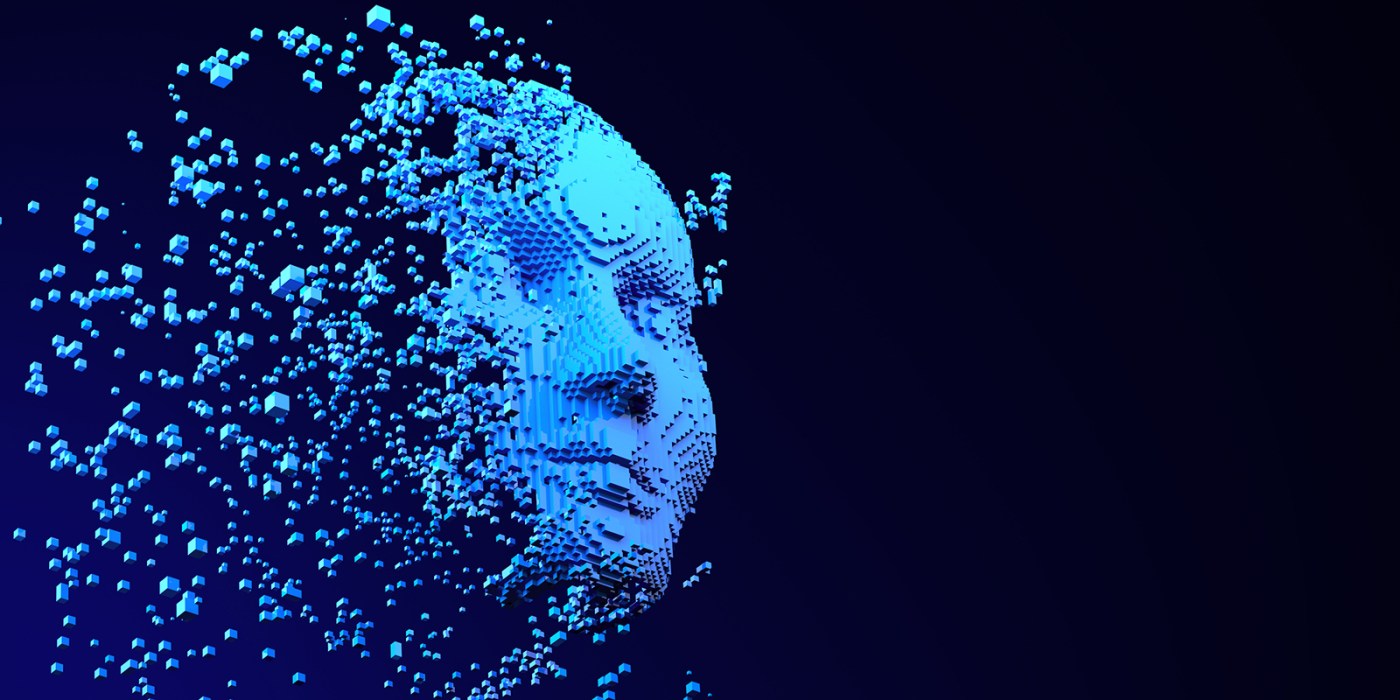
Tyler Cowen: AI culture will be weirder than we can yet imagine
There are two radically different visions of our AI future, and they depend on the cost of energy.
In one scenario, low energy prices lead to a lot of slack. At the margin, people don’t need to be so careful about how they deploy their AIs. Right now, for instance, I don’t pay extra for using my current LLMs (large-language models) more. So I am willing to play around with them a lot without worrying about whether any single use is going to achieve some concrete useful end. I just let things rip. The result is some silliness, some jokes and more indulgence of my random obsessions, in addition to help with my history and economics questions.
I call this the AI Future With Slack.
It is not clear how long the system can operate like this. As more institutions work with generative AI, demands on those services will increase. AI companies will have to invest more to meet the growing demand for computing power. AI services will also lose their initial venture-capital-funded runways and be forced to make a profit. Over the long term, each use of generative AI will cost a noticeable amount of money.
I call this the AI Future Without Slack.
Both AI usage and global economic growth will significantly boost the demand for energy, and thus energy prices. Using the vast computing powers of AI could mean significantly higher energy costs.
Of course, there are many different variables that figure into energy costs, ranging from the future of nuclear fusion, battery technologies and numerous regulatory decisions. I don’t have specific predictions other than to say that energy will continue to be relatively cheap for households (that is, voters) and will get relatively expensive for business-owned AIs.
To the extent there is a lot of slack, AIs themselves will create wild products of the imagination, especially as they improve in computing power and skill. AIs will sing to each other, write for each other, talk to each other — as they already do — trade with each other, and come up with further alternatives we humans have not yet pondered. Evolutionary pressures within AI’s cultural worlds will determine which of these practices spread.
If you own some rights flowing to AI usage, you might just turn them on and let them “do their thing.” Many people may give their AIs initial instructions for their culture-building: “Take your inspiration from 1960s hippies,” for example, or “try some Victorian poetry.” But most of the work will be done by the AIs themselves. It is easy to imagine how these productions might quickly become far more numerous than human-directed ones.
With a lot of slack, expect more movies and video, which consume a lot of computational energy. With less slack, text and poetry will be relatively cheaper and thus more plentiful.
In other words: In the not-too-distant future, what kind of culture the world produces could depend on the price of electricity.
It remains to be seen how much humans will be interested in these AI cultural productions. Perhaps some of them will fascinate us, but most are likely to bore us, just as few people sit around listening to whale songs. But even if the AI culture skeptics are largely correct, the sheer volume will make an impact, especially when combined with evolutionary refinement and more human-directed efforts. Humans may even like some of these productions, which will then be sold for a profit. That money could then be used to finance more AI cultural production, pushing the evolutionary process in a more popular direction.
With high energy prices, AI production will more likely fit into popular culture modes, if only to pay the bills. With lower energy prices, there will be more room for the avant-garde, for better or worse. Perhaps we would learn a lot more about the possibilities for 12-tone rows in music.
A weirder scenario is that AIs bid for the cultural products of humans, perhaps paying with crypto. But will they be able to tolerate our incessant noodling and narcissism? There might even be a columnist or two who makes a living writing for AIs, if only to give them a better idea of what we humans are thinking.
The possibilities are limitless, and we are just beginning to wrap our minds around them. The truth is, we are on the verge of one of the most significant cultural revolutions the world has ever seen.
Tyler Cowen is a Bloomberg Opinion columnist, a professor of economics at George Mason University and host of the Marginal Revolution blog.
Related Articles
Ryan Young: Harris’s price controls won’t tame inflation
Kristina Foltz: What Biden can do to free Venezuela of Nicolás Maduro’s illegitimate regime
Carl P. Leubsdorf: They’re all ‘flip-floppers’
Thomas Friedman: How Netanyahu is trying to save himself, elect Trump and defeat Harris
Marc Champion: Netanyahu’s conflicts of interest are hurting Israel

